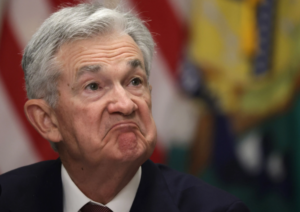#Argentina #Libertarian #Politics #Economy #Inflation #PresidentialElection #JavierMilei #RockStarStatesman
Argentina’s political landscape is witnessing the meteoric rise of a figure who is as unconventional as he is controversial. Javier Milei, a libertarian economist with a penchant for theatrical displays and a flair that has captured the country’s imagination, has set his sights on the presidency. Known for his shaggy mane reminiscent of a rock star and an unapologetic disdain for the traditional political establishment, Milei has attracted a legion of followers, especially among the young, disenchanted by Argentina’s persistent economic woes.
Milei’s vehement criticism of the central bank and his advocacy for free-market solutions have struck a chord in a country beset by inflation rates that are among the highest in the world. His proposals to dollarize the economy and dismantle what he perceives as the stifling bureaucracy of the state have sparked fierce debate and polarized opinions. Critics are wary of his radical proposals and fear the consequences of such sweeping changes. Yet, it’s Milei’s very radicalism and his image as an outsider untainted by the corruption and inefficiencies of traditional politics that have propelled his popularity to unprecedented heights.
As Argentina gears up for the upcoming presidential election, Milei’s challenge lies in transitioning from a figure of protest to a credible statesman capable of governing a nation in distress. The skepticism surrounding his capacity to translate his firebrand rhetoric into practical policies that can steer the country away from its economic precipice is palpable. Yet, his success in mobilizing a base disillusioned with the status quo demonstrates a significant shift in Argentina’s political landscape. Whether Javier Milei can convince a broader electorate that his libertarian vision is the remedy Argentina needs remains to be seen. His campaign is not just a testament to his personal ambitions but a litmus test for the appeal of libertarianism in South American politics.







Comments are closed.